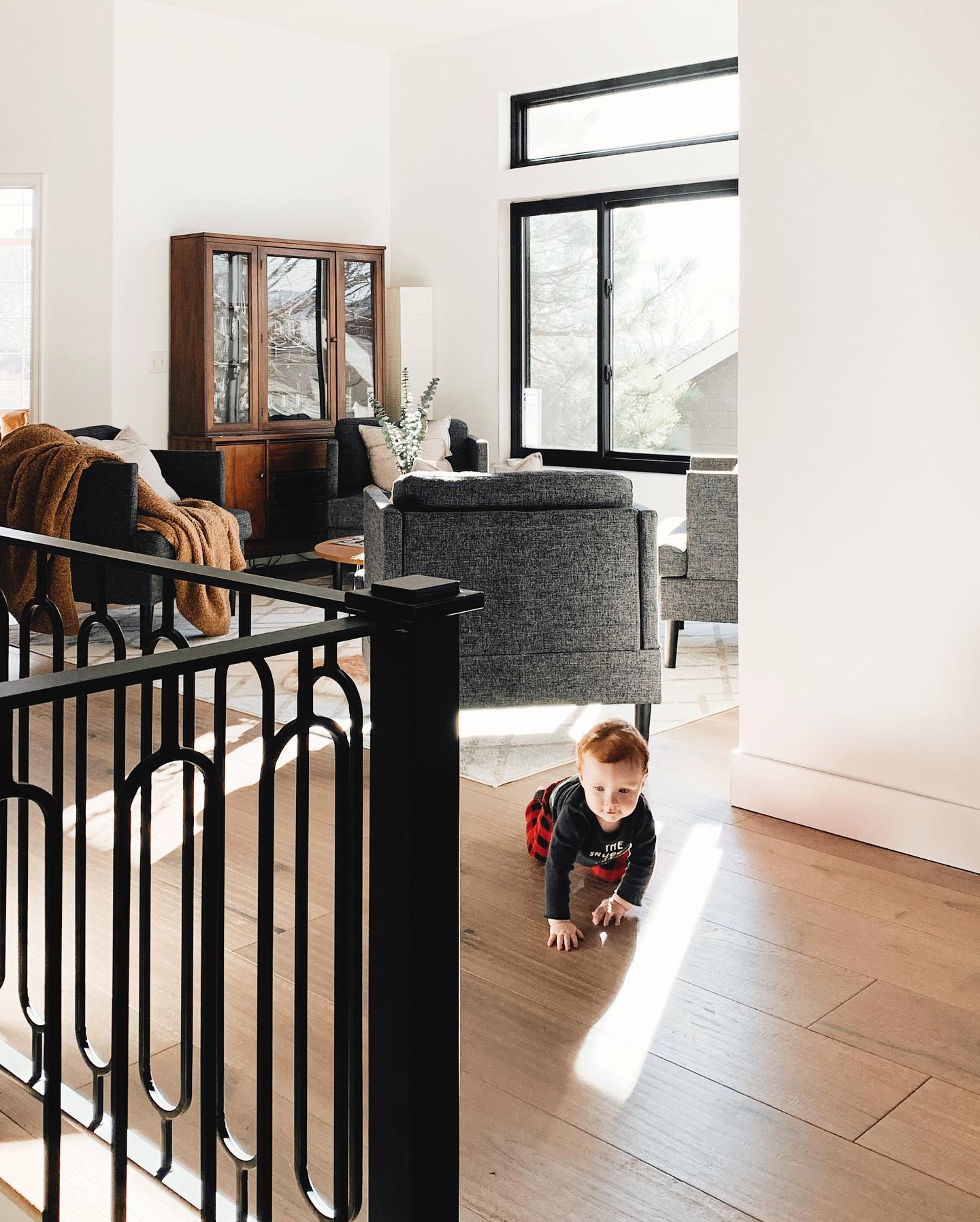Window Safety
Window Safety Tips
Even the most secure windows can become a safety hazard if you and your family aren’t careful. It’s important to keep these window safety tips in mind at all times. We’ve compiled a simple list of dos and don’ts that are sure to keep your family healthy, happy, and safe.
Do's & Don'ts of Window Safety
Do:
- Close and lock windows
- Position beds and other furniture away from windows
- Keep blinds, cords, and drapes out of children’s reach
- Consider installing window opening control devices or window guards
- Keep patio doors, storm doors, and entrance doors locked
- Consider window placement when landscaping your home, and plant shrubs under windows
- Develop a family escape plan in case of fire
- Check your smoke and carbon monoxide detectors regularly to make sure they are in working condition
Don’t:
- Leave young children unsupervised
- Depend on insect screens to keep children from falling out of windows
- Apply energy-efficient films and coverings to windows designated in your family emergency plan as escape or rescue windows
- Paint, nail, or weatherstrip windows shut
- Forget about window and door safety when making repairs to the interior or exterior of your home

How To Prevent Out-of-Window Falls
OPEN WINDOWS OUT OF REACH
If you need ventilation or want fresh air, open windows that children can’t reach. Children can quickly climb to window ledges or sills and fall.
SCREEN SAFETY
Do not rely on insect screens to prevent falls. They are designed to keep insects out of your home, and they aren’t sturdy enough to withstand the weight of a person, no matter how small.
LIMIT OPENINGS
Consider installing window opening control devices or window guards that comply with local building codes. When properly installed, these devices will limit the window sash to less than a four-inch opening. These devices have easy-release mechanisms that allow the window to fully open for an emergency escape or rescue.
LOOK OUTSIDE
Plant shrubs and soft edging like wood chips or grass beneath windows to provide a cushion in the event of a fall. A softer surface can greatly affect the degree of the injury sustained from a fall.